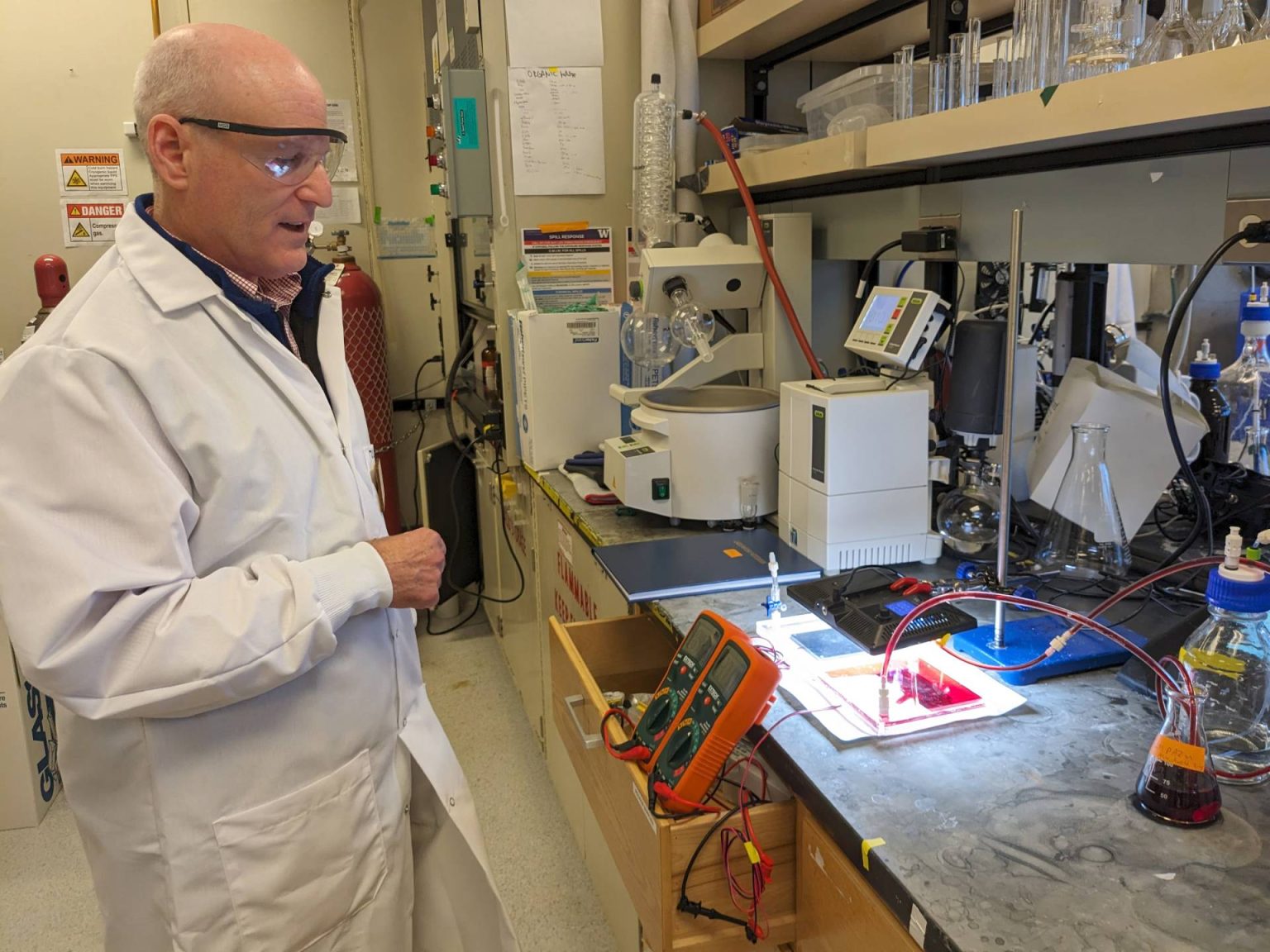At a recent webinar on the future of climate tech, industry experts discussed the challenges and opportunities facing startups in the sector. Mark Cupta of Prelude Ventures highlighted the importance of securing sufficient funds to allow startups enough time to gain traction in the market. While deal activity in the climate tech industry was down last year, it fared better than the broader tech market and certain sectors, such as carbon capture companies, have seen significant growth in recent years.
Despite the decrease in funding for climate tech, the situation is not dire. The Biden administration’s Inflation Reduction Act and other government incentives continue to support growth in the sector. Panelists at the event emphasized the importance of creativity and resourcefulness in securing funding, as well as the need for startups to identify target markets and align their products accordingly. Investors in hardware-intensive climate tech startups need to have patience and a deep understanding of the company’s vision and timeline.
In the Pacific Northwest, particularly in Seattle, climate tech startups are thriving. The region has been recognized as one of the top U.S. cities for climate tech startup hubs, with companies receiving significant investments in recent years. Banyu Carbon, a company working on reducing the cost of carbon capture, has raised $8.5 million this year. Other notable companies in the region, such as Recurrent, Omnidian, LevelTen Energy, and Electric Era, have also secured substantial funding for their innovative projects in the climate tech space.
The future of climate tech looks promising, with opportunities for growth and innovation despite challenges in funding and market dynamics. Startups in the sector need to be strategic in their approach to securing funds, identifying target markets, and partnering with investors who understand the unique challenges of hardware-intensive projects. Government incentives and policies, such as the Inflation Reduction Act, continue to support growth in the climate tech sector, providing hope for the future of sustainable technology solutions. Seattle and the Pacific Northwest are emerging as key hubs for climate tech innovation, with companies receiving significant investments for their groundbreaking projects in carbon capture, renewable energy, and electric vehicle infrastructure.
Overall, the climate tech sector is poised for growth and success, with startups and investors adapting to the evolving landscape of sustainable technology development. By leveraging government incentives, securing strategic partnerships, and staying focused on target markets, companies in the Pacific Northwest and beyond are driving innovation and progress in the field of climate tech. As the industry continues to grow and mature, opportunities for collaboration and investment will enable the development of cutting-edge solutions to address the pressing challenges of climate change.












